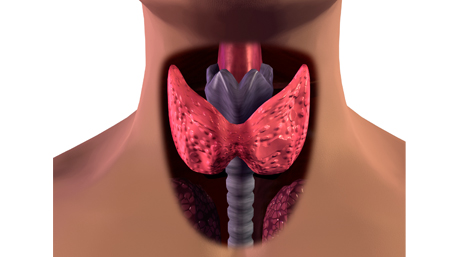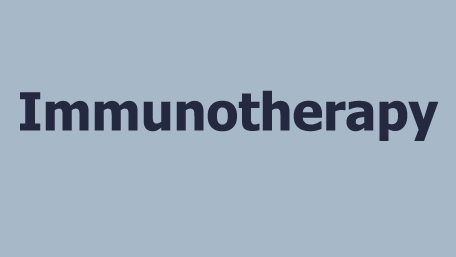
01/11/2023
Hot Topics of the Day are picked by experts to capture the latest information and publications on public health genomics and precision health for various diseases and health topics. Sources include published scientific literature, reviews, blogs and popular press articles.
Sign up MyPHGKB to receive the daily hot topic email alert.
Archived Hot Topics of the Day By Date
Coronavirus variant XBB.1.5 rises in the United States - is it a global threat?
Callaway Ewen et al. Nature 2023 1 (7943) 222-223
Diet modulates genetic effects on longevity.
et al. Nature genetics 2023 1
Advancing Genomic Medicine in Africa: Work in Progress
J Osei et al, CDC Blog Post, January 9, 2023

Identification of serum metabolome signatures associated with retinal and renal complications of type 2 diabetes.
Tomofuji Yoshihiko et al. Communications medicine 2023 1 (1) 5
Medullary Thyroid Carcinoma and Population Screening-The Promise and Pitfalls of Genetic Testing.
Davies Louise et al. JAMA otolaryngology-- head & neck surgery 2023 1
Thyroidectomy Outcomes in Patients Identified With RET Pathogenic Variants Through a Population Genomic Screening Program.
Pichardo Priscilla F A et al. JAMA otolaryngology-- head & neck surgery 2023 1
Adoption of Innovative Therapies Across Oncology Practices-Evidence From Immunotherapy.
Carroll Caitlin E et al. JAMA oncology 2023 1
Disclaimer: Articles listed in Hot Topics of the Day are selected by Public Health Genomics Branch to provide current awareness of the scientific literature and news. Inclusion in the update does not necessarily represent the views of the Centers for Disease Control and Prevention nor does it imply endorsement of the article's methods or findings. CDC and DHHS assume no responsibility for the factual accuracy of the items presented. The selection, omission, or content of items does not imply any endorsement or other position taken by CDC or DHHS. Opinion, findings and conclusions expressed by the original authors of items included in the Clips, or persons quoted therein, are strictly their own and are in no way meant to represent the opinion or views of CDC or DHHS. References to publications, news sources, and non-CDC Websites are provided solely for informational purposes and do not imply endorsement by CDC or DHHS.
- Page last reviewed:Feb 1, 2024
- Page last updated:Apr 18, 2024
- Content source:








